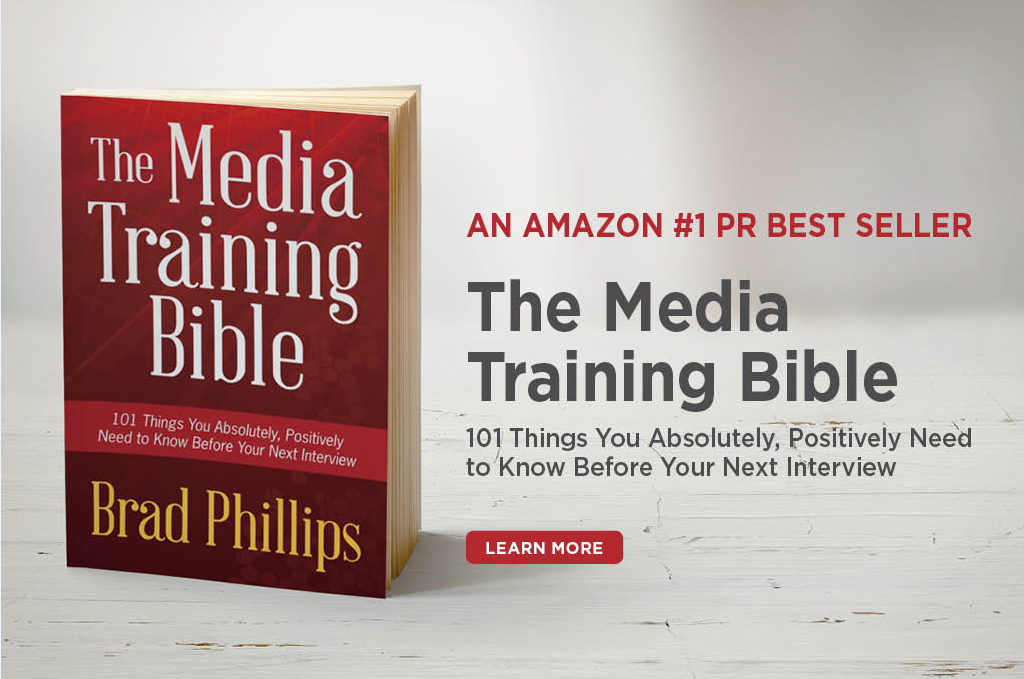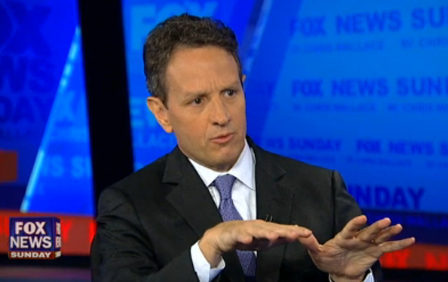How To Answer Questions That Call for Speculation
This is an excerpt from The Media Training Bible, available in soft cover, for Kindle, and iPad.
Reporters frequently ask media spokespersons to gaze into their crystal balls and tell them what the future looks like.
Some of those “speculation” questions are innocuous: if you’re a software designer and you’re asked what changes you think will emerge in the industry over the next five years, it’s okay to provide your analysis of where you think things are headed.
But many speculation questions are dangerous. Your answers can make a situation appear worse than it really is—and if you guess badly, your wrong answers can damage your credibility.

For example, imagine that the director of a nonprofit group lobbying for better safety regulations of toxic household cleansers is asked whether the state legislature is going to pass the bill she supports this year. If she answers “yes,” she’d better be right. That’s because the media will inevitably ask her about her incorrect prediction if the bill doesn’t pass, and her wrong answer might diminish her credibility with the public and the press for future stories.
Instead, she can use a variation of the ATMs (explained more completely in The Media Training Bible) to answer this question:
“(Answer) I’m reluctant to speculate, (Transition) but I can tell you that (Message) the majority of lawmakers I’ve spoken to have told me that they recognize how important this bill is to protect children from dangerous household cleansers and that they plan to vote for it. (sell) We still need as much support as possible, though, so I’d ask everybody watching this to call their representative and tell them to vote ‘yes.’”
As illustrated by the example above, it’s usually best to deflect questions that call for speculation by saying something along the lines of, “I can’t speculate, but here’s what I can tell you…”
Apply the same technique for hypothetical questions. Your job is to share what you know, not to answer “what if” questions. It might be appropriate to answer a hypothetical question about a specific situation with a general answer about how you would approach your decision making in that case. But that approach often leads to even more questions intended to get you to be more specific (plus, your general answers might be applied to the specific situation), so be cautious and practice in advance.
Case Study: Treasury Secretary Speculates Incorrectly

In an April 2011 interview, U.S. Treasury Secretary Timothy Geithner appeared on the Fox Business Network to discuss the possibility of the U.S. credit rating being downgraded:
Peter Barnes (Host): “Is there a risk that the United States could lose its triple-A credit rating, yes or no?”
Geithner: “No risk of that. No risk.”
Barnes: “So Standard and Poor’s is wrong, the United States will keep its triple-A credit rating?”
Geithner: “Absolutely.”
Four months later, rating agency Standard and Poor’s downgraded the U.S. credit rating for the first time in the nation’s history. Cable news channels played the video clip of Mr. Geithner’s overly confident (and incorrect) answer for days, and political opponents pointed to that moment as evidence that he should resign his post.
Mr. Geithner could have answered the question by saying something like this:
“Let me tell you what we’re doing to make sure we retain our triple-A rating…”
This is an excerpt from The Media Training Bible: 101 Things You Absolutely, Positively Need to Know Before Your Next Interview, available in paperback, for Kindle, and iPad. You can read a free excerpt below.


